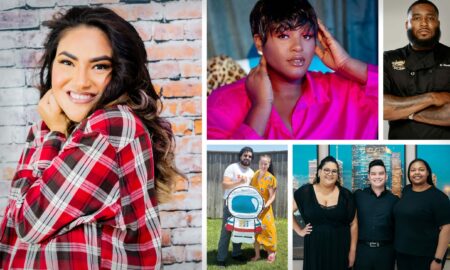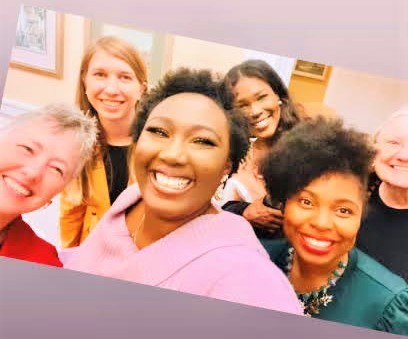 Today we’d like to introduce you to Tamira Samuel.
Today we’d like to introduce you to Tamira Samuel.
Hi Tamira, please kick things off for us with an introduction to yourself and your story.
I grew up in Jackson, Tennessee, outside of Memphis. I had what many deem as a village upbringing – I was raised by my mother, grandmother, uncles, aunts, coaches, mentors, teachers, and pastors that spoke in my life very intimately. According to my mother and late grandmother, Celeste, I started playing school in my mother’s bedroom at age 4. By 7 I watched the Miss America Pageant without fail. I was a precocious and creative little girl – so If I was exposed to something, I tried to emulate it. The truth can be said through my previous career in education and my current work in policy. It wasn’t until I navigated the school system and continued to grow the village of individuals who would shape me, particularly; 4-H. Although I was precocious, I was very shy, especially in middle school. This is where I began to really lean into what my exposure was leading me and revealing about myself. 4-H showed me I could be a leader and serve the larger community at the same time. I took those lessons learned through the activities, competitions, conferences, and mentoring and honed in on them in every area of my life. By high school and college, I was active in Student Government and attended the 2001 Tennessee Volunteer Girls State and became the City Mayor for my dorm group. This was the earliest memory of me really desiring public policy or government. My love for teaching others didn’t go anywhere. In fact, I think it helped bring both worlds together. Once I finished Austin Peay State University after high school, I became a high school English teacher – a wonderful calling that continues to teach me today as a wife, mother, and nonprofit leader. Being a teacher taught me a different level of empathy, compassion, and patience that doesn’t come over time, but through understanding the lives and stories of young people who are navigating life the best they can. It was during my years in teaching that I realized that so many factors happening both internally and externally were beyond my control. After year 3, I left the classroom, and got accepted into Northwestern University for Public Policy and Administration and completed two internships one with then Nashville Mayor Karl Dean and with the Beacon Center of Tennessee. These experiences sharpened my perspective on the issues and factors that impact children and their families both in and outside of the classroom. In Nashville Metro Government, I learned the grim realities of domestic violence and how many survivors’ children become drifters. Additionally, the Beacon Center is where I learned what charter schools were, school choice, and the growing conflict between traditional public vs charter public schools looming across the country. It was after this year that I decided – I can’t just be a teacher in one setting and not understand the other settings in public education in order to impact policy. At the time, I had already became a trained lobbyist on capitol hill, represented the United States at the World Youth Congress in Canada, and in a place to see that what we struggle with in the U.S. are also struggles in Uganda, Argentina, and several other countries around the world. My network of leaders began to shape and that’s when I moved to Texas in 2012 to join KIPP: Houston and spend the next 7-8 years in a number of capacities in education and policy. In 2020, the then ULF Co-Executive Director announced she was stepping down from leading the organization and asked me if would I consider and that someone of my background would be a great fit to lead the organization in the next decade. Long story short, with prayer and guidance from the Lord, and my village, I applied and the rest is history.
I’m sure you wouldn’t say it’s been obstacle free, but so far would you say the journey have been a fairly smooth road?
The road has not been smooth, but God’s hand has always been there. Major struggle for me was navigating a sense of abandonment. My father was killed before I turned a year old. So I spent some time with a lot of questions and wonderings between both sides of my family trying to understand him to understand me. Additionally, it didn’t help in many instances being the only kid without a dad in the picture or the only black student in some of classes. While I had tons of love and support around me, sometimes appreciating myself and this part of my journey was tough. I also think having important role models and examples of people with similar values are vital to have the courage and mindset to pursue particular goals. In 2008, I didn’t see a lot of black administrators in education and if I did, they spent a lot of time in one position rather than gaining a depth and breadth of skills that would better position them to be more effective campus and system leaders. The same and even less so in policy. When I was in Nashville Metro there were only two other department directors and I was the only black intern. Then when you step foot in a room with 50 of the city’s leaders; judges, attorneys, chief of police, numbers were abysmal. So you take a step back and start examining yourself; Is this meant to be? Do I have what it takes? Where are the coaches and mentors to help me improve myself to be in those spaces to have more leaders become chief decision makers? I’d also be remised to say that being Miss Black Kentucky USA and navigating the Glamour Magazine Top 10 College Women Competition and USA Today Academic College teams were eye opening. You see how other college women are approaching their collegiate years and future. You also have to navigate insecurities. I remember when I spent six months preparing for Glamour Magazine someone at my college said, “Hey do you think they are going to pick a black girl from the South from a state university?” At that moment, I went back to my upbringing and the questions I had been asking myself and said, “Why not! Why must I always have to have a model to be a model. The spring before my senior year, Glamour named me to their Top 22 list. Again – this isn’t about the achievements themselves, its about the constant struggle we all face in saying to God if this is what I’m called to do-can I do it? Why are people telling me I can’t? I’m always reminded of both Ester and David’s journeys in the bible. Ester competed against hundreds of women to win the King’s favor to free her people. She had to look past the insecurities, doubts and look inside – she was chosen to free her people. David, the shepherd boy called upon the Lord to defeat Goliath. That’s essential life – we will have struggles, doubts, insecurities, and even seek validation in the process-when instead, we should be focused on our purpose in serving and helping others. That focus will surpassed everything else. When I was working to help co-found one of the charter schools in Houston, TX our team didn’t acknowledge the challenges, we acknowledged that there were black and brown families who needed a school that loved and embraced them.
As you know, we’re big fans of you and your work. For our readers who might not be as familiar what can you tell them about what you do?
I am the National Co-Executive Director of The Urban Leaders Fellowship (ULF). ULF is a nonprofit organization based in Denver, Colorado that aims to develop early to midcareer professionals to transform communities through public policy exposure and community embedded nonprofit work. Simply put we develop professionals from all walks of life, ideologies, affiliations, backgrounds, and industries in public policy alongside a local or state elected/appointed official with a goal of enacting policy within two years. ULF is in 10 cities across the US; Atlanta, Dallas, Denver, Indy, Kansas City, Nashville, New Orleans, Tulsa, Oakland, and Washington, DC. ULF sees that the only way to create more equitable communities is by having the voices and perspectives of every citizen that answers the call to join our program each summer. We’ve had teachers, attorneys, underwriters, public relations analysts, medical students, anthropologists, architects, entrepreneurs and more complete our fellowship and help to write and pass more than 120+ policies within the last decade. As the Co-Executive Director I lead the organization in management, strategic planning, recruitment, alumni engagement with our board and other Co-ED. In my current role and throughout my career in education, I’ve always had a niche for strategizing to solve a problem. How I approach my work is by being a strategist that centers on the people and root causes of an issue. For example, when I worked in central office in one of the local school districts; the district had established mentoring relationships for beginning teachers, but not consistency in vetting mentors and holding campuses accountable for ensuring the best mentors were supporting beginning teachers. I immediately conducted an audit and began cross-walking all parts of the system, meeting with beginning teachers and campus leaders to determine the disconnects in the process both on the campus/district and state end. All of it (as most educators know) was timing and lack of talent. There are only so many hours in a day and a task such as assigning mentors and not always having a more seasoned and willing teacher to mentor (with capacity) as an option. What does one do? I think now we are also in a similar if not even dire state in education, but the pandemic brought a different awareness on all levels and unearthed divides to a great degree. For me, I see every situation as an opportunity and not as a problem that had great probability of helping a lot of teachers that in turn showed up better for kids each day. Walking the campuses and seeing teachers say, “My mentor works with me after school on lesson planning. My students are more focused, because my lessons are more focused because I have a mentor focused on my growth.” I would also say that over time I love to learn and connect all of my experiences to each other. The audit example is essentially what I had done nearly 7 years prior in Nashville Metro. Though completely different lanes, there was a fundamental bottom line – how do we react faster to domestic violence calls AND how do we prepare beginning teachers with peer support?
While there are many things that I am most proud of – my family, the incredible opportunities I’ve had or being a Houston Business Journal 40 Under 40 Honoree, I’m most proud of my persistence. None of what I have experienced wouldn’t have been possible without staying the course. I think this is also one of many things that sets me apart as a leader – I am persistent. When me or my team is faced with a challenge or barrier, we don’t run from it. In fact, we are energized by what possibilities and opportunities are at our fingertips and how we can leverage the power in the room to reach a consensus on a team. Strategy is no good if you are unwilling to truly tackle the issue/situation head on. Aside from persistence, I’m also known for being a consumerate relationship builder and coach. It’s hard to be on a team or in a relationship, dynamic or anything and you do not trust or have a relationship with that individual. I believe that before I can work alongside my regional directors and officials to create policy agendas – we must have trust. That means I need to know YOU. I need to listen and understand your values, priorities, your story, motivations, and setbacks in order to function and support you cohesively. During my time as a teacher and instructional leader coach, I spent a lot of time learning not only the teachers and leaders, but the students and families that they serve. When I was at YES Prep Northline, there wasn’t a student I didn’t know intimately to say, “This is Joan. Joan is the biggest anime fan and has three brothers and four sisters. She loves math…” Not only does this cement trust, the individual feels heard and valued. So anyone that works with me either through ULF, in my small TAS Consulting group, or volunteering in the community or a board, knows before we jump into ANYTHING…I want to learn, respect, and support my team first. I move off of the rate of relationship – not status, not network, not education, not name, but the greatest example Jesus gave us – he met people where they were and then showed himself. There is not a story in the bible that’s not rooted in that. I strive to meet and support people as individuals. Lastly, my wide range of experiences sets me a part from others. I’ve been fortunate to lobby, do advocacy, write policy, serve on a commission, represent the United States, co-found schools, launch nonprofits, and a number of other things that it’s very rare that I haven’t had exposure on a majority of things. This, of course, makes me a multi-potentialnite (an individual who has strong passion, interest, and skills in more than one area) and it means I have lots of data to draw from and less likely NOT to take a risk. I think each day, I’m constantly thinking about how innovative ULF can be if we focus on what problems we are trying to solve and what solutions will help people through policy. I’m always looking through a lens of “better-what did we learn-how was this helpful – what am I taking away – what do I own in being accountable in this situation.”
Can you tell us more about what you were like growing up?
I was this energetic, dimpled ball of energy! I loved to laugh, play, and imagine. I had the most vivid imagination that one could think of. My mother used to tell me stories of how I’d stay outside to 7 or 8 o’clock at night with the neighbors’ kids and chase fireflies, pretend to be on pirate ships, spin until I was dizzy and pass out on the grown studying the clouds and calling them ice cream. I used to think real people lived inside of the radio and would take the old school records and pretend to be mature d and serve my family drinks and food. I had imaginary friends that lived in the laundry room and after school we’d have tea. I had a teddy bear named Snuggles that looked just like the bear on the detergent – that went with me wherever I went. My interests were everything for kids and adults. I was the only grandchild on my mother’s side of the family for years. My mother is one of 13 siblings. So needless to say I saw lot and oftentimes had to mature in situations by virtue of being the little tike with my uncles and aunts. When I was 4, I learned how to skate because my aunts Sherry, Pam, Shelia, and uncles Chip and Donald took me skating with them. If you remember in the 1980s – skating rinks on the weekend was it. If you could backwards skate – you were unstoppable. So that’s what they did – when my mom had to work, they babysat me and that meant I was going to learn how to skate, digest big dill pickles and nachos for two hours. I always had fun! I was also very very curious. My uncles Jerome, Pete, and Glenn would teach me so much from tractors to cars. My uncle Glenn exposed me to old school music – Chaka Khan, Gladys Knight, Bee Gees, Captain and Tennille. We’d listen for hours and he’d give me not only the breakdown of the music, but also history. My grandmother, Celeste (and grandmother Arnise) taught me some of the most valuable lessons alongside my mom. I did my graduate school research on education in the 1940s because of them. My grandmother Celeste always offered great wisdom and taught me how to treat people and really build close relationships. She was a seamstress and often times I saw her sit and just listen to pastors, choir members, working people, and they trusted her and her cooking and sewing skills. She would always have me greet customers, give them their receipts, and a bushel of greens and cha-cha pickle. She believed in feeding people’s tummies to. My greatest childhood memory is when she whooped me through the bedsheets for playing baseball in the house and breaking my aunt Shelia’s senior picture frames. I thought my grandma really believed my imaginary friend did it. Nope – she knew. But between her, my mom, aunts, uncles, pastors, 4-H agents, church leaders, community leaders, and teachers I saw and learned about the world through their eyes. I gained an appreciation not only for different interests, but for people and myself as well. Growing up was a fun time in rural Jackson and Denmark, Tennessee. I had plenty of cousins and friends to explore and get in trouble with. Especially when I hit late elementary school, my cousins Mikey, Cedric, and Lewis kept me in stiches. I don’t know what I would have done without having the village and upbringing that I did. I was also shielded from a lot of hurt, pain, and trauma growing up.
Contact Info:
- Website: https://www.tamiraasamuel.com/
- Instagram: https://www.instagram.com/tamirasamuel/
- Facebook: https://www.facebook.com/tamira.cole
- Twitter: https://twitter.com/TamiSamuel2?s=20&t=BbL6YL7qrFwNb2nsWIP9wg
- Other: https://www.bizjournals.com/houston/news/2021/06/15/meet-tamira-samuel-a-40-under-40-honoree.html
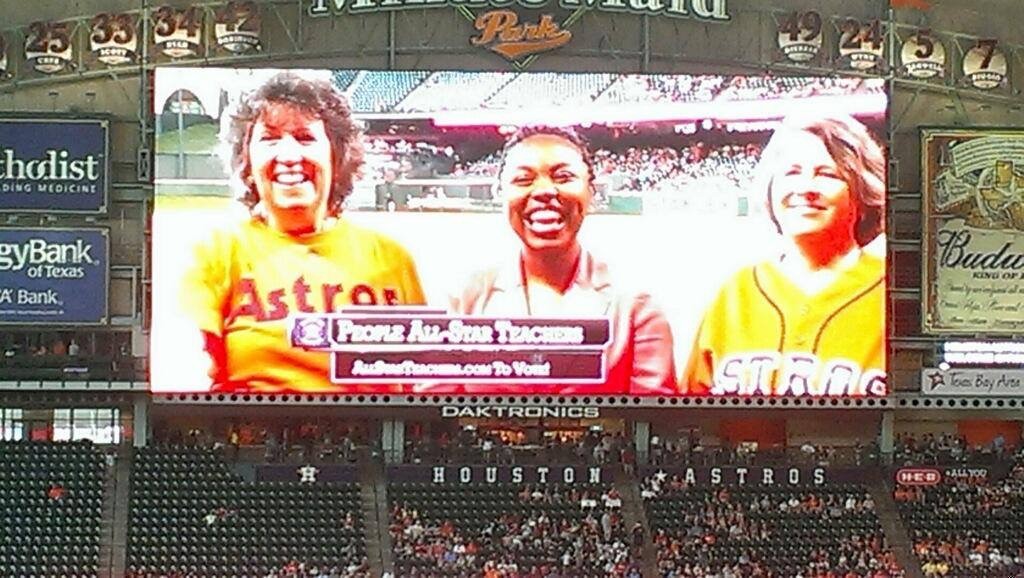
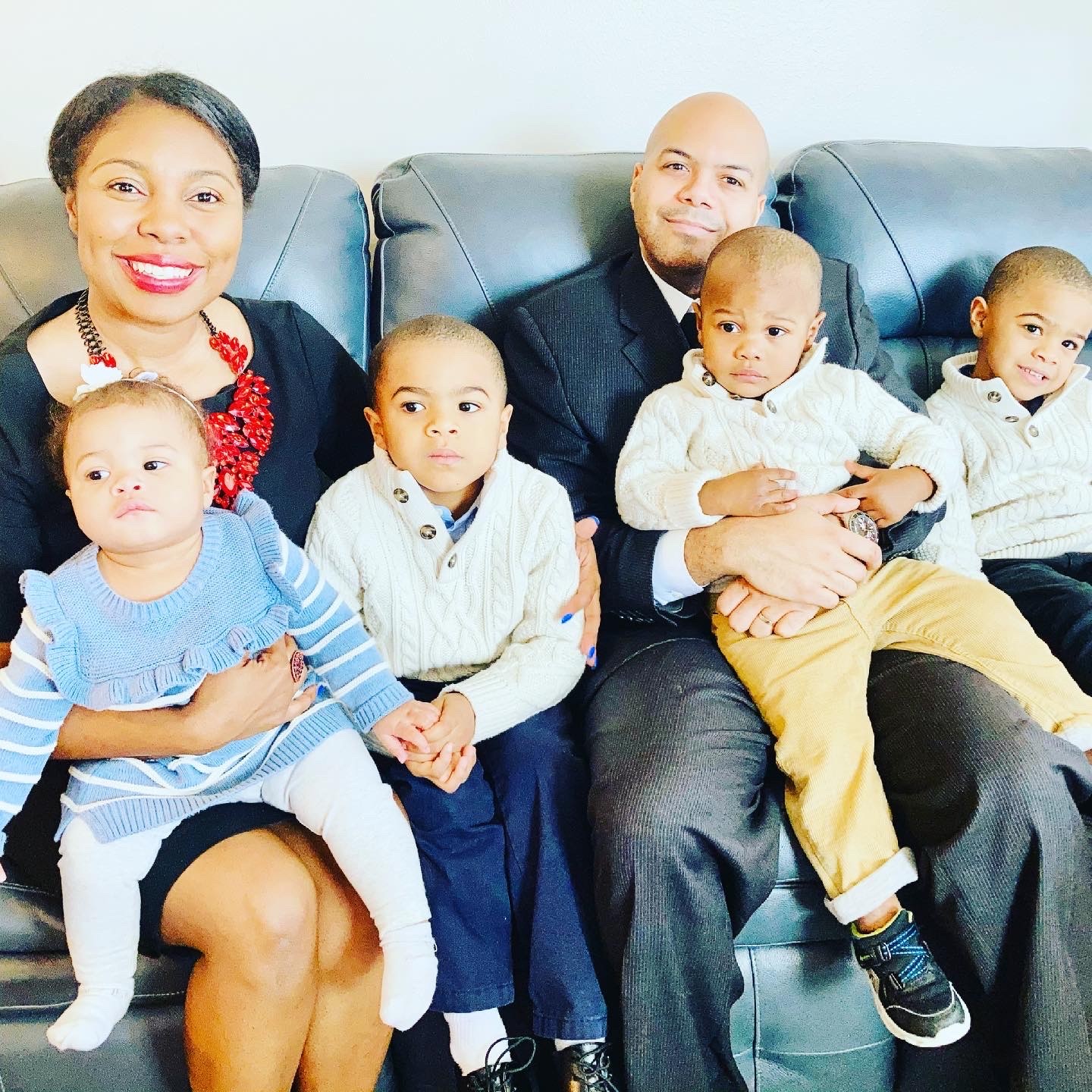
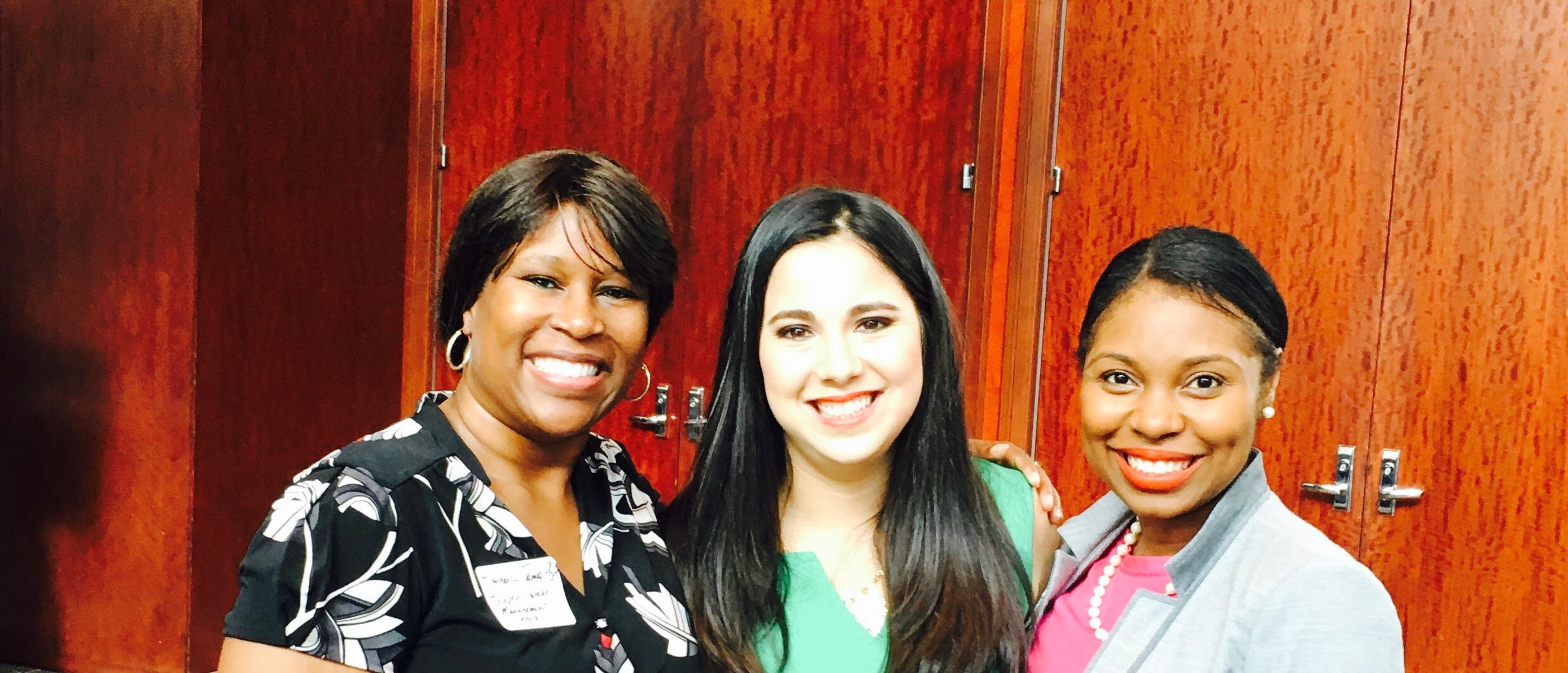
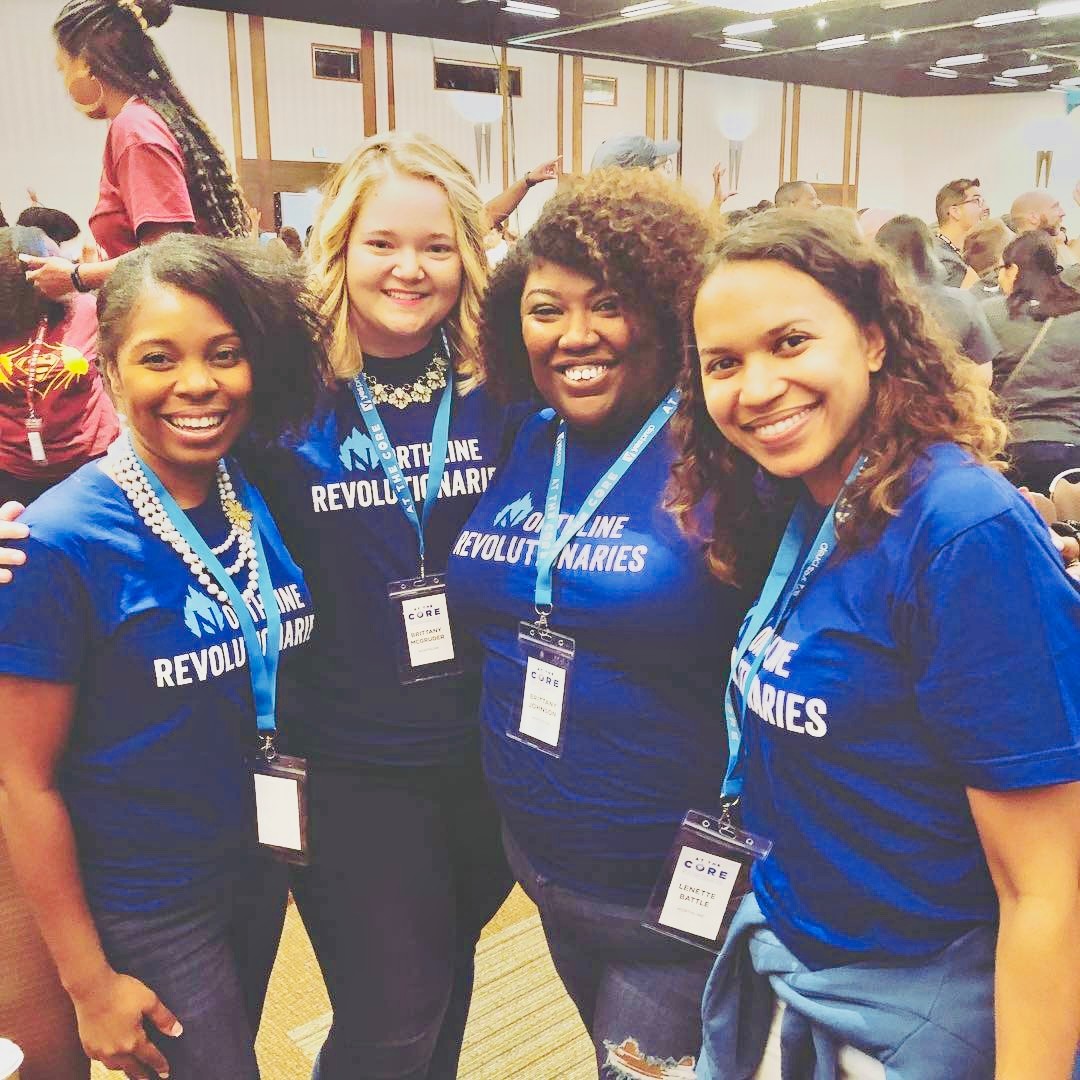
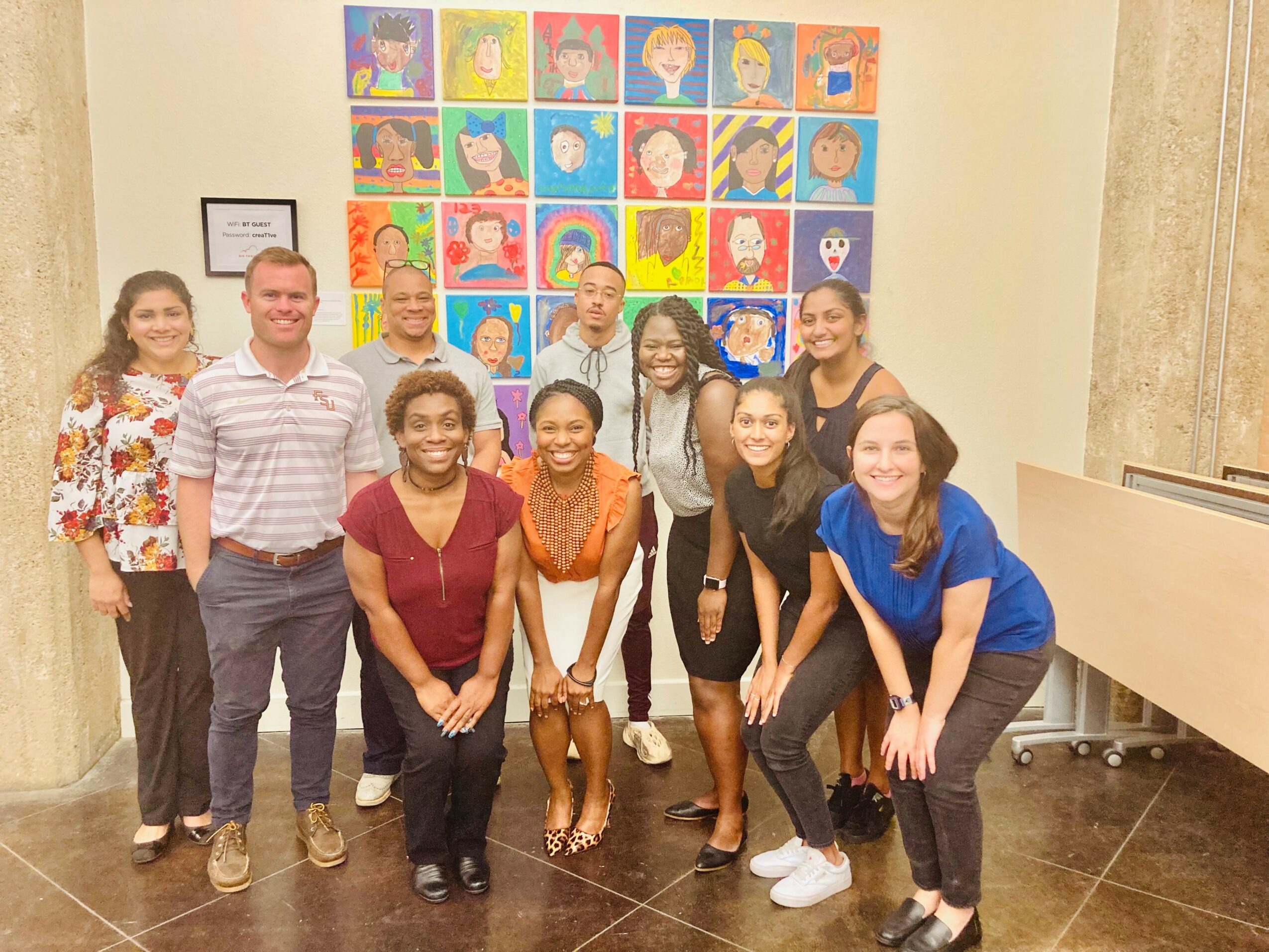
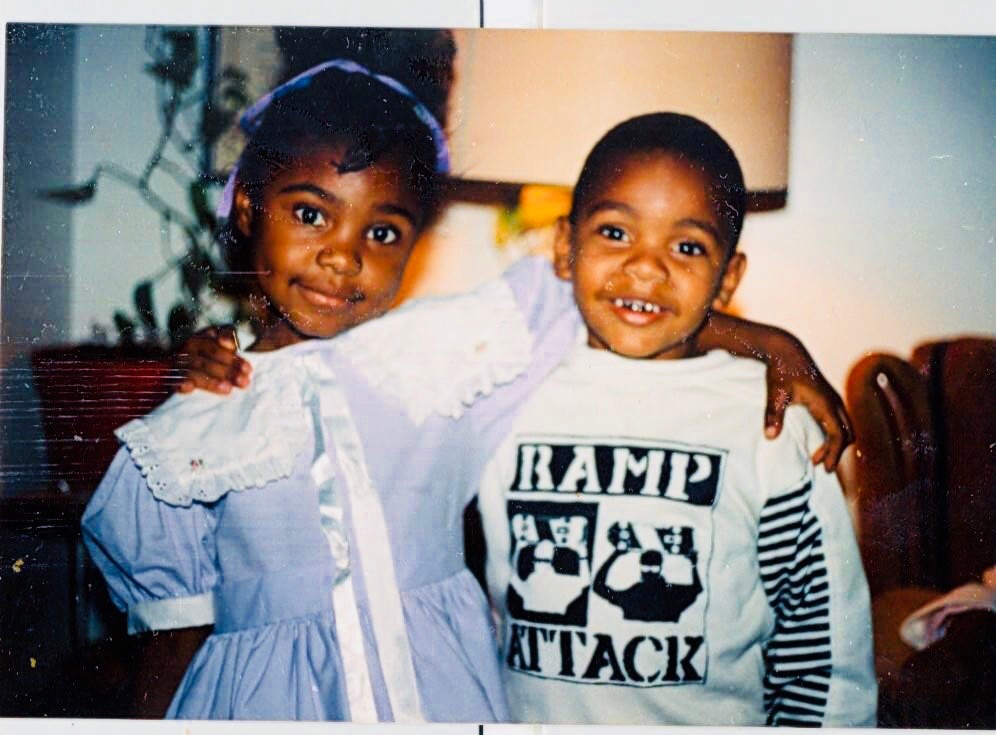
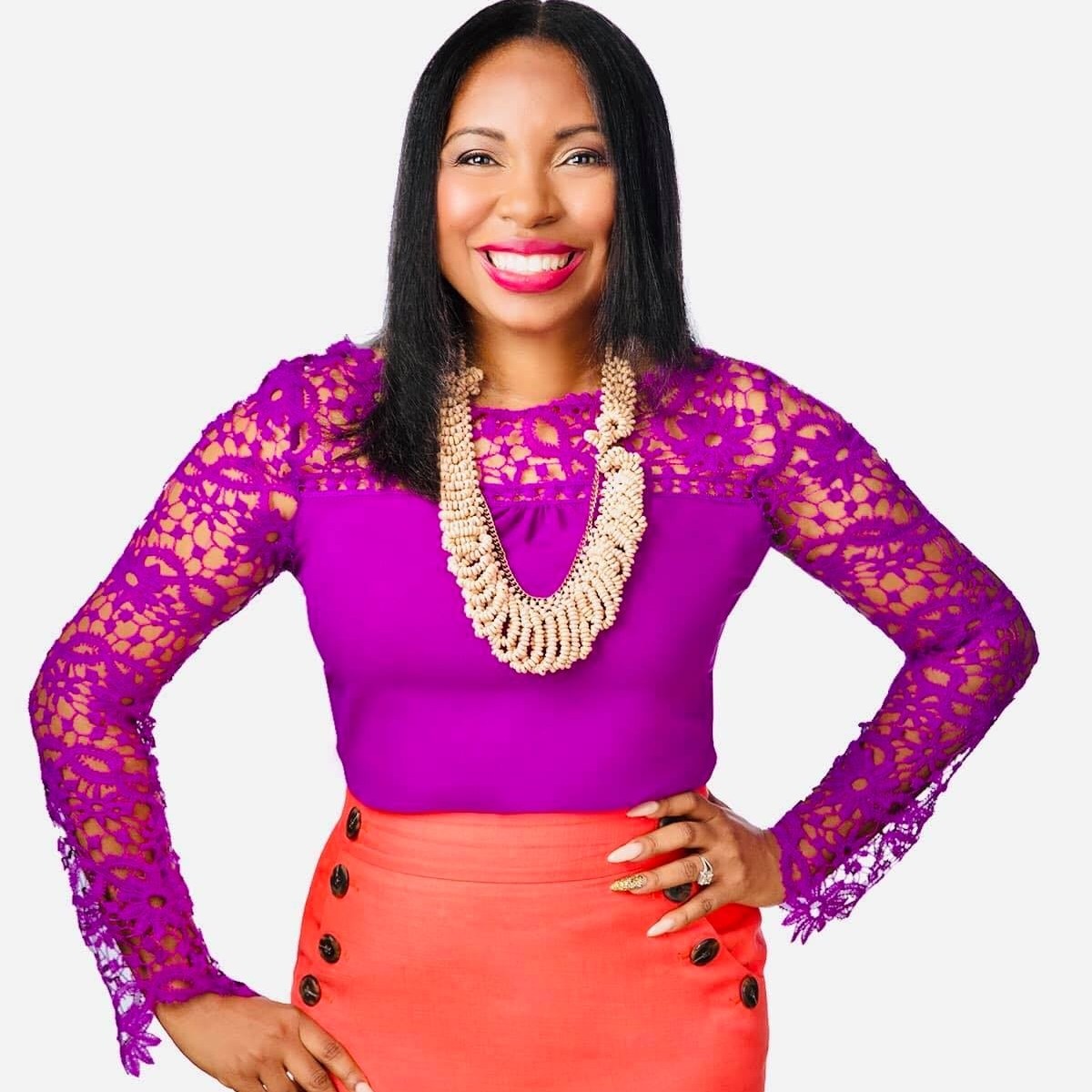
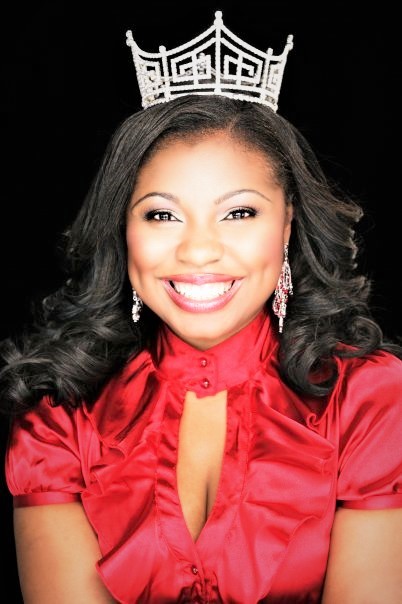
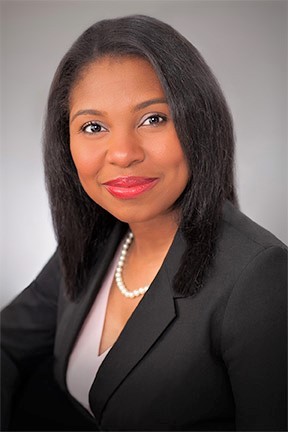
Image Credits
Michael Carr Photography
Kristy Belcher Photography

